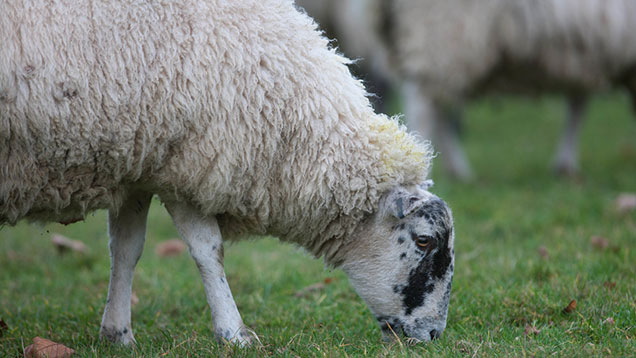Common land farmers urged to claim backdated payments
 © Tim Scrivener
© Tim Scrivener Claim forms which will allow some farmers who graze common land to claim up to six years’ worth of backdated subsidy payments have been sent out to producers.
Defra announced in March it was changing the way it calculates payments on commons, following a legal challenge by farmers with common land rights in Minchinhampton and Rodborough in Gloucestershire.
Under the Single Payment Scheme (SPS), the eligible area of a common was divided between everyone with registered rights on the common, regardless of whether or not they were farmers or claiming SPS.
See also: Common land farmers eligible for backdated payments
However, with some commons rights holders not making claims, this left a number of “naked hectares” of unclaimed land and led to some commons graziers complaining it watered down their payments.
It has now been decided that under the Basic Payment Scheme (BPS), the eligible area of a common will be divided up among only the farmers who use the common.
It has been estimated by the Foundation for Common Land that the backdated payments may be worth as much as £8m.
Alastair Johnson of Savills agribusiness team urged farmers who have rights to farm common land to check whether they were eligible for extra payments and entitlements.
Defra has published a list of commons with more eligible area to allocate and the years in which this will apply.
Farmers who claimed on one or more of these commons can fill in a claim form to apply to receive SPS entitlements they should have been given in 2005, as well as any payments they could have received in the years from 2009 to 2014.
“The potential for commoners to receive more grant aid should help to prevent further destocking of commons”
Alastair Johnson, Savills
In a small number of cases, it might be possible to claim substantial sums of money, said Mr Johnson.
He added: “There tends to be less livestock on the commons, due in part to changes in farming practices and the introduction of minimum stocking rates as part of the environmental schemes but also because more rural properties are now residential only.
“The potential for commoners to receive more grant aid should help to prevent further destocking of commons.”
Defra said the RPA will only make payments for the past six scheme years, which is the normal time limit for claims in the civil court.
There is no deadline for the submission of forms, but farmers are being told that if they return it by 31 December 2015 it will give RPA the best possible chance to consider it before the opening of the BPS 2016 application period.
